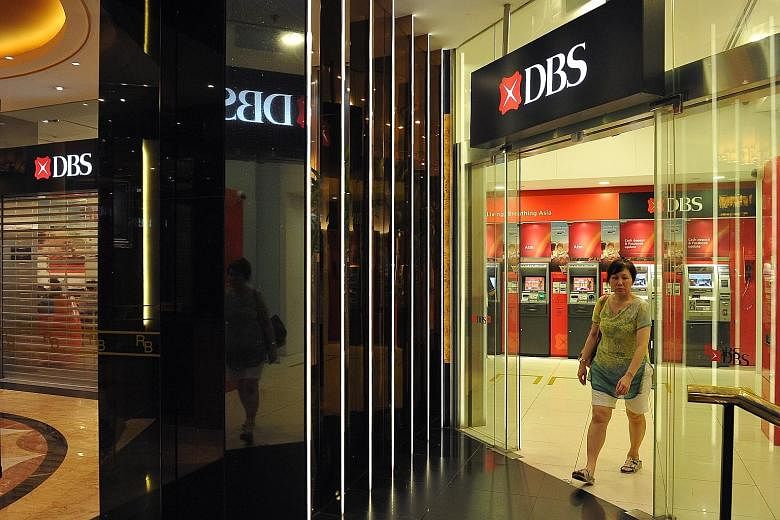Given the scary plunge in the China market earlier in the year, the high-profile delistings and the handful of large listings over the past 12 months, it is something of an achievement that the total market value of firms on the Singapore Exchange (SGX) managed to eke out slight gains in 2016.
Total market capitalisation came in at $879.4 billion at the close of trading yesterday, up 1.98 per cent from the $856.4 billion market cap on Dec 31 last year.
A market cap gain of less than 2 per cent over 12 months is nothing to write home about but the SGX, investors and companies were battling problems on multiple fronts, not least the number of big companies like Osim International and Neptune Orient Lines that delisted.
These departures, among others, wiped more than $15 billion in value off the market, easily offsetting an estimated $2.3 billion, according to Credit Suisse, raised through initial public offerings (IPOs).
Investors also had to contend with falling share prices throughout much of the year due to weak sentiment, amid faltering global trade, rock-bottom oil prices and industrial restructuring.
There was some respite late in the year when markets rallied, following US President-elect Donald Trump's shock win, and higher crude palm oil prices lifted agri-commodities. The average daily traded value has hovered around $1 billion since 2013 and that volume was maintained this year, with many investors avoiding equities.
The Straits Times Index (STI) reflected the hot-and-cold year, closing almost flat, down 0.07 per cent for the year.
South-east Asia's worst performer was the Kuala Lumpur Composite Index, which lost 3 per cent for the year, while Thai shares surged 19.79 per cent and Jakarta's index gained 15.32 per cent.
Local bank shares recouped their losses and finished the year on a robust note as their net interest margins are expected to be boosted by rising interest rates.
Said Credit Suisse investment strategist Suresh Tantia: "Trump has turned out to be a blessing... as the Singapore equity market is positively correlated with higher US yield. However, uncertainties over his trade policies will remain an overhang... until we get more clarity."
The biggest gainers in dollar terms on a year-on-year basis were Prudential, DBS, OCBC, UOB, Genting Singapore and Wilmar International, while some of the biggest losers included StarHub, Ezra Holdings and EMS Energy.
DBS was the biggest market value gainer among the three local lenders, adding $2.2 billion to end the year at $44.2 billion, while OCBC gained $1.1 billion to end at $37.4 billion and UOB rose $1.9 billion to reach $33.6 billion.
Insurer Prudential ended the year with the largest by market cap at $76.5 billion, down 6.8 per cent, with Singtel next, 1.9 per cent higher at $59.6 billion.
Telcos were among the worst performers, hurt by prospects of a fourth entrant, while transport firms suffered from a rebound in oil prices in the fourth quarter. Commodities gained from recovering prices, with Wilmar International's value soaring 22.1 per cent to nearly $23 billion.
Firms in the oil and gas sector continued to struggle. Even though the agreement last month by the Organisation of Petroleum Exporting Countries to cut production helped crude prices and led to a rebound in some counters, it was not enough to erase the sector's losses.
Singapore's IPO performance improved this year to $2.3 billion from a paltry $500 million in 2015, due mainly to two large deals - Frasers Logistics & Industrial Trust and Manulife US Reit. Privatisation was a key market theme as a sharp correction in mid-cap stocks drove valuations lower, giving shareholders an incentive to go private.
Mr Hartmut Issel, head of equity and credit Asia-Pacific at UBS Wealth Management, said the market should emerge relatively resilient next year as valuations are near 10-year lows. "In fact, after a softer start to 2016 relative to other Asian markets, Singapore is staging a comeback," he said.
Credit Suisse is also less pessimistic, but remains neutral on local equities. Said Mr Tantia: "We believe it is too early to become extremely positive as economic growth is likely to remain below trend in 2017."



